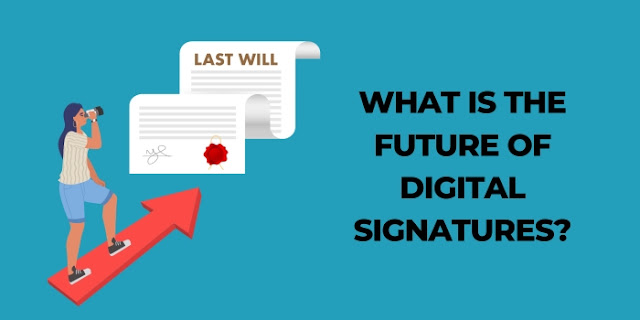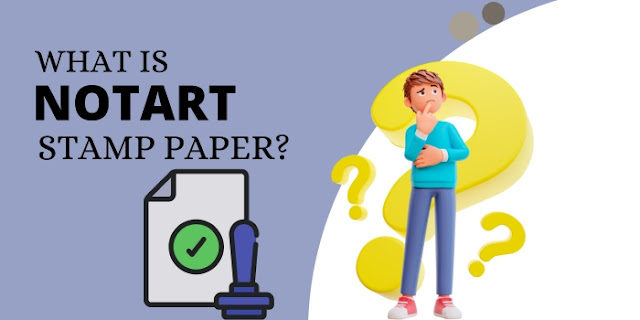What Is The Future Of Digital Signatures?
Digital signatures have transformed the way we conduct business and communicate in the digital age. They offer a secure and efficient method of verifying the authenticity of electronic documents and transactions. As technology continues to evolve, the future of digital signatures is poised for exciting developments. In this blog, we'll explore the latest trends and innovations shaping the future of digital signatures.
Blockchain Integration: Enhancing Security and Trust
One of the most significant advancements in digital signatures is their integration with blockchain technology. Blockchain offers a decentralized and immutable ledger, making it virtually impossible to tamper with signed documents. This technology ensures the long-term integrity and authenticity of digital signatures Importance, which is particularly crucial for legal and financial transactions.
Blockchain-based digital signatures provide an added layer of security and trust, reducing the risk of fraud and disputes. As blockchain adoption continues to grow, we can expect to see an increasing number of organizations adopting blockchain-based digital signatures for their critical documents.
Biometric Authentication: Personalizing Signatures
The future of digital signatures will see a shift towards more personalized and secure authentication methods. Biometric authentication, such as fingerprint scanning, facial recognition, and even voice recognition, is becoming more prevalent. Integrating biometrics into digital signatures adds an extra layer of security by ensuring that the person signing the document is who they claim to be.
This innovation is especially relevant in sectors like healthcare and finance, where the accuracy of identity verification is paramount. As biometric technology becomes more sophisticated and accessible, we can anticipate its wider adoption in digital signature solutions.
AI-Powered Signature Verification: Streamlining Processes
Artificial intelligence (AI) is revolutionizing the way digital signatures are processed and verified. AI algorithms can analyze patterns in signatures to determine their authenticity accurately. This not only speeds up the verification process but also reduces the risk of human error.
In the future, we can expect AI-powered digital signature solutions to become more prevalent across various industries, from legal and real estate to healthcare and government. These solutions will make document authentication more efficient and reliable.
Quantum-Safe Signatures: Preparing for the Future
As quantum computing technology advances, it poses a potential threat to the security of current digital signatures. Quantum computers could break the encryption algorithms that underpin many digital signature methods. To counter this threat, researchers are developing quantum-safe or post-quantum digital signatures.
The future will likely see the gradual adoption of quantum safe digital signatures to ensure the ongoing security of electronic transactions. Organizations must stay ahead of the curve by preparing for this transition in advance.
Remote and Mobile Signatures: Convenience and Accessibility
The global shift towards remote work and digital interactions has accelerated the demand for remote and mobile-friendly digital signatures. In the future, we can expect these solutions to become even more accessible and user-friendly. Mobile apps and cloud-based platforms will continue to dominate the market, allowing users to sign documents from anywhere, on any device.
This trend not only enhances convenience but also drives efficiency in business processes, reducing the need for physical paperwork and in-person interactions.
Legal Recognition and Regulation: Ensuring Trust
The future of digital signatures will also involve increased legal recognition and regulation. Governments and international bodies are working to establish clear guidelines and standards for digital signatures to ensure their validity and security. As these regulations become more robust, businesses and individuals can trust digital signatures as legally binding, which will further boost their adoption.
Conclusion
The future of digital signatures is filled with exciting possibilities. Blockchain integration, biometric authentication, AI-powered verification, quantum-safe signatures, remote and mobile accessibility, and enhanced legal recognition are all contributing to the evolution of this essential technology. As businesses and individuals continue to prioritize efficiency, security, and convenience in their digital interactions, digital signatures will remain a vital tool for authenticating electronic documents and transactions in the years to come. Stay prepared and embrace these innovations to stay ahead in the ever-changing landscape of digital signatures.



